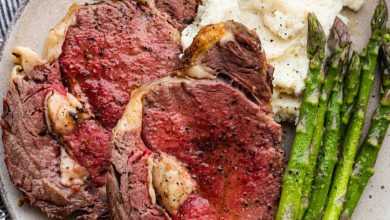Cream Sour Cultured: Nutritional Information
Description: Cream sour cultured, often simply referred to as sour cream, is a tangy dairy product made from fermented cream. It adds a delightful richness and creaminess to various dishes, making it a staple in many kitchens.
Nutritional Information
| Nutrient | Amount per 100g |
|---|---|
| Energy (kcal) | 198.0 |
| Protein (g) | 2.44 |
| Total Fat (g) | 19.35 |
| Saturated Fats (g) | 10.14 |
| Carbohydrates (g) | 4.63 |
| Sugars (g) | 3.41 |
| Fiber (g) | 0.0 |
| Calcium (mg) | 101.0 |
| Iron (mg) | 0.07 |
| Magnesium (mg) | 10.0 |
| Phosphorus (mg) | 76.0 |
| Potassium (mg) | 125.0 |
| Sodium (mg) | 31.0 |
| Zinc (mg) | 0.33 |
| Copper (mcg) | 0.018 |
| Manganese (mg) | 0.015 |
| Selenium (mcg) | 3.7 |
| Vitamin C (mg) | 0.9 |
| Thiamin (mg) | 0.02 |
| Riboflavin (mg) | 0.168 |
| Niacin (mg) | 0.093 |
| Vitamin B6 (mg) | 0.041 |
| Folate (mcg) | 6.0 |
| Vitamin B12 (mcg) | 0.21 |
| Vitamin A (mcg) | 124.0 |
| Vitamin E (mg) | 0.38 |
| Vitamin D2 (mcg) | 0.0 |
Allergen Information
Sour cream contains dairy, making it unsuitable for those with lactose intolerance or dairy allergies.
Dietary Preferences
This ingredient is suitable for vegetarian diets. However, it may not be appropriate for strict vegan diets due to its dairy content.
Culinary Uses and Advice
Sour cream is a versatile ingredient, perfect for dips, dressings, and as a topping for baked potatoes or tacos. It can also be incorporated into baked goods to add moisture and a subtle tang. When substituting in recipes, consider using Greek yogurt as a lower-fat alternative while still achieving a creamy texture.
Conclusion
Cream sour cultured is not just a delightful addition to your culinary creations but also packs a nutrient punch, making it a valuable component of many recipes. Enjoy it in moderation as part of a balanced diet!










